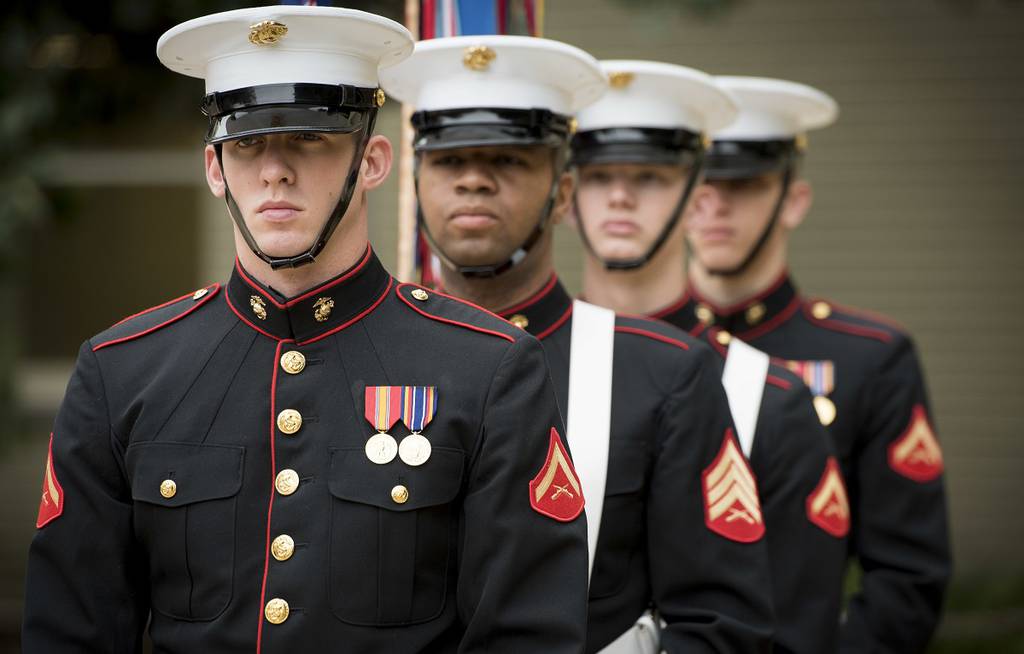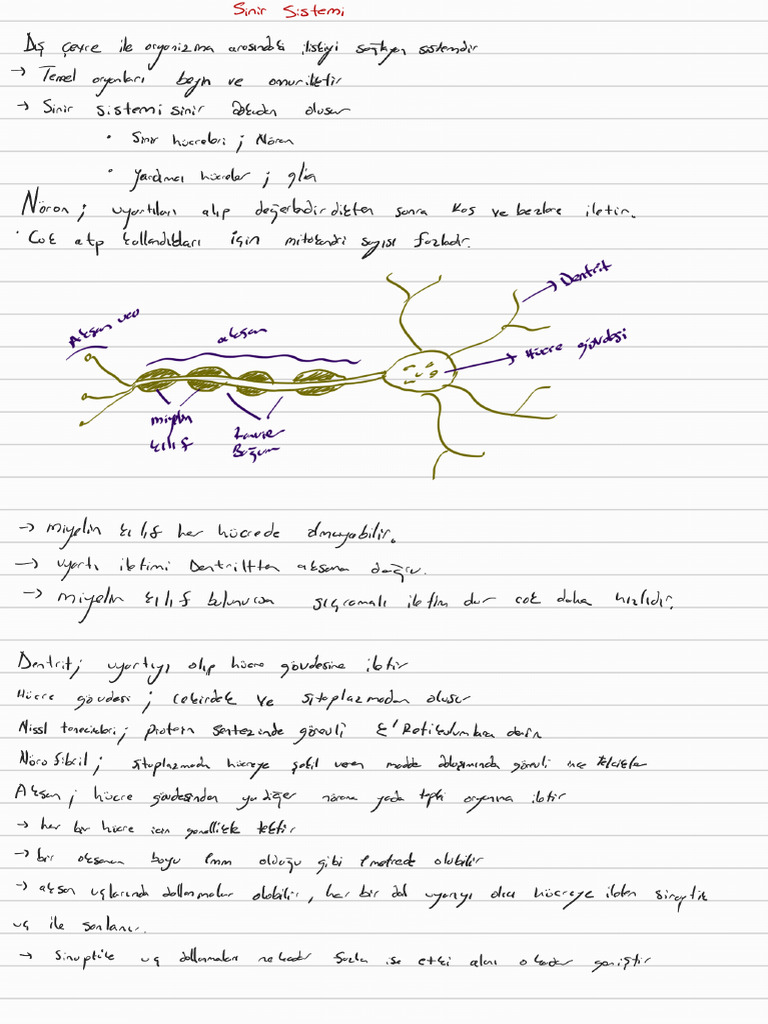Marine Base Officer Training

Welcome to an in-depth exploration of Marine Base Officer Training, a crucial aspect of military education and leadership development. This article will delve into the intricacies of this rigorous program, providing a comprehensive understanding of its purpose, structure, and impact on aspiring officers. With a focus on real-world examples and expert insights, we aim to offer an engaging and informative journey through the world of Marine Corps officer training.
The Foundation of Leadership: Marine Base Officer Training

Marine Base Officer Training is the cornerstone of leadership development within the United States Marine Corps. This intensive program is designed to transform civilian college graduates and enlisted Marines into officers, ready to lead with distinction in one of the world’s most respected military organizations. The training is renowned for its challenging curriculum, rigorous physical demands, and unwavering focus on instilling the core values of the Marine Corps.
The Purpose and Philosophy Behind Officer Training
At its core, Marine Base Officer Training is about developing leaders who embody the Marine Corps’ ethos of honor, courage, and commitment. The program aims to cultivate a deep sense of responsibility, strategic thinking, and tactical expertise. It is a transformative experience that shapes not only the professional skills but also the character and integrity of future Marine officers.
The philosophy behind officer training is rooted in the belief that leadership is an art, a skill that can be honed and refined through rigorous education and practical application. The training seeks to identify and nurture the leadership potential within each trainee, providing them with the tools and mindset to lead Marines in any operational environment.
Structure and Duration of the Training
Marine Base Officer Training is typically divided into several phases, each building upon the skills and knowledge acquired in the previous stage. The duration of the entire program can vary, but it generally lasts several months, allowing for a comprehensive development of leadership skills.
The training begins with an intense indoctrination phase, focusing on physical conditioning and an introduction to the Marine Corps' culture and values. This is followed by a series of educational modules covering a broad range of subjects, including military history, tactics, ethics, and leadership theories. The practical application of these theories is emphasized through realistic training scenarios and field exercises.
As the training progresses, the focus shifts towards specialized areas of expertise, allowing trainees to develop a deeper understanding of their chosen career path within the Marine Corps. This could include infantry, artillery, intelligence, or any other number of specialized roles.
Key Components of the Training Curriculum
The curriculum of Marine Base Officer Training is meticulously designed to provide a well-rounded education, combining theoretical knowledge with practical skills. Here are some of the key components:
- Physical Conditioning: A robust physical fitness program is an integral part of officer training. Trainees are pushed to their limits, developing the physical resilience and stamina required of Marine leaders.
- Leadership Development: A significant portion of the training is dedicated to leadership theory and practice. Trainees learn about various leadership styles, conflict resolution, decision-making under pressure, and effective communication strategies.
- Tactical Training: This includes hands-on training in small unit tactics, weapons handling, and combat techniques. Trainees learn to lead Marines in simulated combat scenarios, honing their decision-making skills and tactical expertise.
- Ethics and Values: An emphasis is placed on the moral and ethical responsibilities of Marine officers. Trainees engage in discussions and case studies that explore the ethical dilemmas leaders may face in the field.
- Military History and Strategy: Understanding the historical context and strategic thinking of past military leaders is an essential part of the curriculum. Trainees study iconic battles and military campaigns, learning from the successes and failures of history.
The Role of Mentorship and Field Training
A unique aspect of Marine Base Officer Training is the strong emphasis on mentorship. Experienced Marine officers serve as mentors, guiding and advising trainees throughout the program. This mentorship provides a valuable source of real-world insight and helps trainees navigate the challenges of leadership.
Field training exercises are another critical component, offering trainees the opportunity to apply their skills in realistic, simulated combat environments. These exercises are designed to test the trainees' decision-making abilities, leadership skills, and ability to adapt to dynamic and often unpredictable situations.
Performance Analysis and Evaluation
The Marine Corps utilizes a comprehensive evaluation system to assess the performance and progress of trainees throughout the officer training program. This system includes both quantitative and qualitative measures, ensuring that trainees meet the high standards expected of Marine officers.
| Evaluation Criteria | Description |
|---|---|
| Physical Fitness | Trainees are evaluated based on their performance in various physical fitness tests, ensuring they meet the rigorous physical standards of the Marine Corps. |
| Leadership Skills | Assessments are conducted to evaluate the trainees' ability to lead, make decisions, and manage teams effectively. |
| Tactical Proficiency | Trainees are evaluated on their understanding and application of tactical principles, including small unit tactics and combat techniques. |
| Ethical Judgment | The ability to make ethical decisions and demonstrate moral integrity is a key aspect of officer training. Trainees are evaluated on their understanding and application of ethical principles. |
| Academic Performance | Trainees' performance in classroom-based learning, including their grasp of military history, strategy, and leadership theories, is assessed. |

Future Implications and Career Prospects
Completing Marine Base Officer Training is a significant milestone in a Marine’s career. It opens up a wide range of opportunities and responsibilities, including leadership roles in various Marine Corps units and specialties.
Officers who graduate from this program are entrusted with the leadership of Marines, often in challenging and high-stakes environments. The skills and knowledge gained during training become the foundation for a lifetime of leadership and service within the Marine Corps.
Furthermore, the training provides a solid foundation for future career development, both within and outside the military. The leadership skills, strategic thinking, and ethical judgment honed during officer training are highly transferable and valued by employers across a wide range of industries.
Conclusion: The Transformative Power of Marine Base Officer Training

Marine Base Officer Training is more than just a leadership development program; it is a transformative journey that shapes the character and skills of future Marine leaders. Through a rigorous curriculum, hands-on training, and mentorship, trainees emerge as officers ready to lead with distinction, honor, and courage.
As one of the most prestigious and challenging officer training programs in the world, it continues to produce leaders who embody the highest standards of military excellence and ethical integrity. The impact of this training extends far beyond the Marine Corps, influencing the lives and careers of those who dedicate themselves to this noble profession.
What are the basic eligibility requirements for Marine Base Officer Training?
+To be eligible for Marine Base Officer Training, individuals must be U.S. citizens, possess a bachelor’s degree or higher, and meet specific age requirements. Additionally, they must pass a series of physical and medical exams, as well as a rigorous selection process that assesses their leadership potential and suitability for military service.
How does the mentorship program work during officer training?
+The mentorship program pairs experienced Marine officers with trainees throughout the officer training program. Mentors provide guidance, share their real-world experiences, and offer advice on leadership challenges. This program fosters a strong sense of camaraderie and ensures that trainees have a reliable source of support and knowledge as they navigate the challenges of officer training.
What are some of the key challenges faced during Marine Base Officer Training?
+Marine Base Officer Training is known for its demanding physical and mental challenges. Trainees face rigorous physical conditioning, intense academic demands, and the pressure of leading fellow Marines in realistic training scenarios. Overcoming these challenges is a key part of the training process, preparing officers for the rigors of military leadership.



